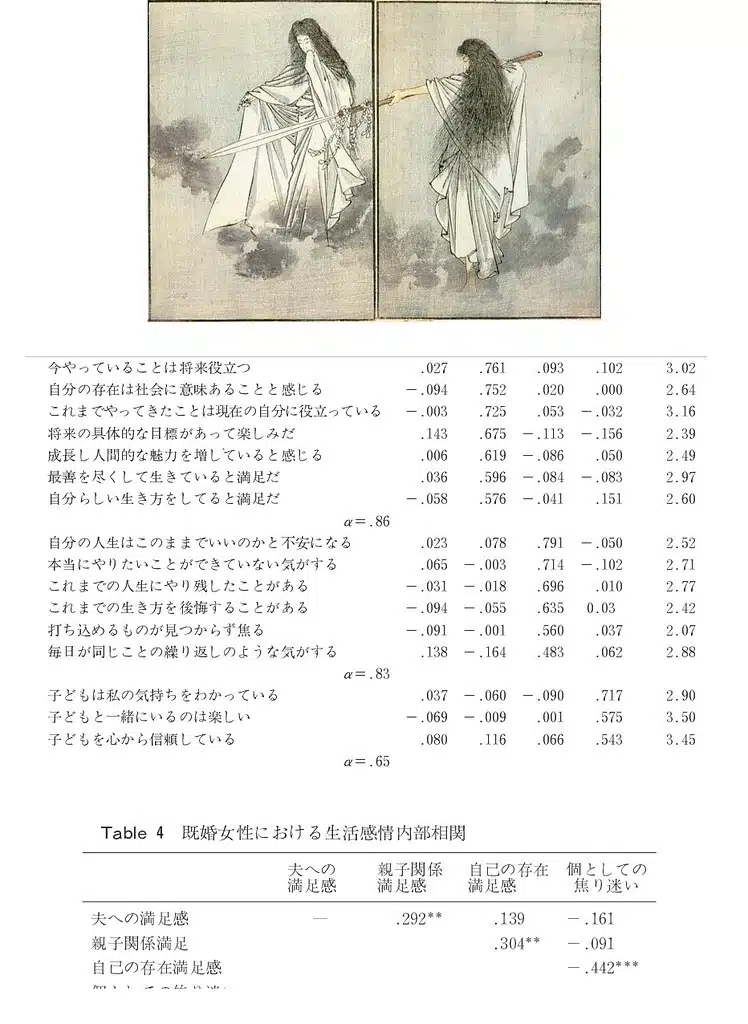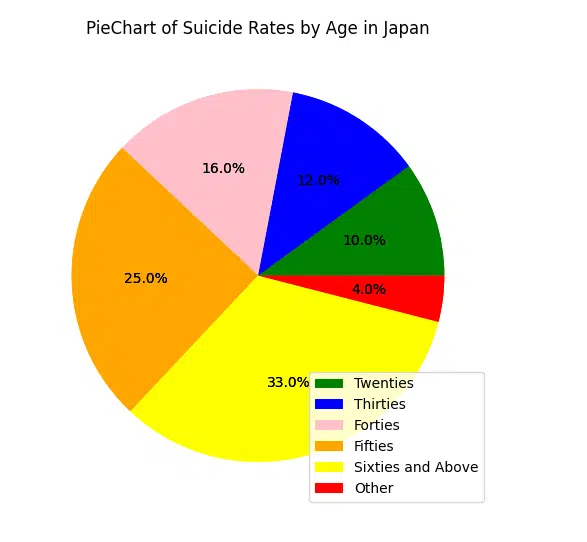Posted inQuestion about Japan
Do Japanese do divorce?
This article examines the prevalence of divorce in Japan, its history, and cultural and legal factors that shape it. The divorce rate has been relatively stable in recent years, hovering around 1.8 per 1,000 people. Common reasons for divorce include infidelity, financial problems, disagreements over raising children, and pressure to conform to social expectations. Divorce can be traumatic for children but resources are available to help them cope. Divorce is handled through the family court system with an emphasis on mediation before going to court. There is still some stigma attached to divorce in Japan due to the emphasis on harmony and avoiding conflict in Japanese culture. Economic factors such as rising housing costs also contribute to divorce rates. As Japan continues to grapple with an aging population and shifting social norms, the divorce rate is likely to continue fluctuating.








